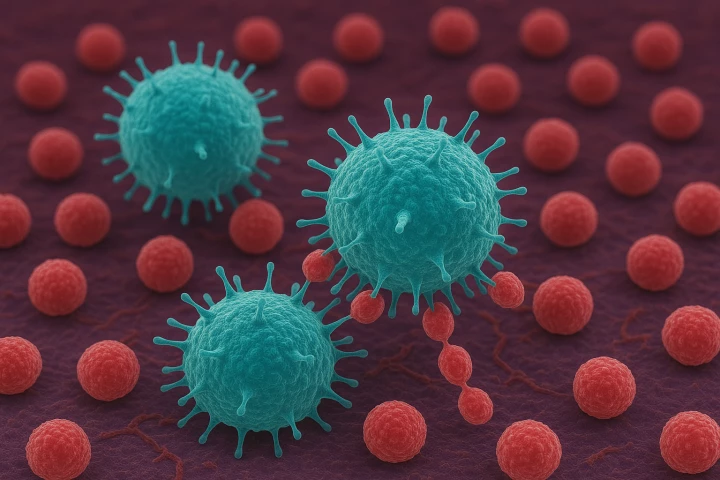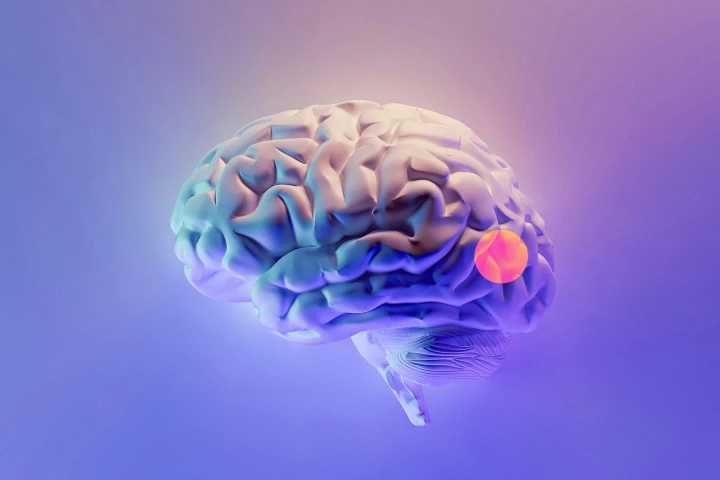University of California San Francisco
-
Coffee is one of the most widely consumed psychoactive substances on the planet, yet despite more than two billion cups being drunk each day, its impact on heart health remains surprisingly complex – and often misunderstood. This year we got answers.
-
Caffeine appears to do the opposite of what you might think when it comes to the heart. Scientists have found that a cup of coffee a day actually protects the heart from atrial fibrillation – a condition that can lead to stroke and heart failure.
-
Spending a few minutes a day doing simple things that bring joy increases well-being, decreases stress, and improves sleep, according to a new study. It shows you don’t need to invest in time-consuming well-being interventions for them to be effective.
-
This week a study set off alarm bells, estimating that the overuse of computed tomography – or CT – examinations could result in five per cent of new cancers disagnoses annually. Since 2007, the use of the imaging technology has risen 30% in the US.
-
In a breakthrough finding, researchers have discovered that immune cells near the spinal cord are triggered by estrogen and progesterone to produce a natural painkiller called enkephalin. The finding could change the way we treat chronic pain.
-
A team of California-based researchers has developed an incredible AI-powered system to restore natural speech for paralyzed people in real time and using their own voices.
-
Researchers have developed an AI model that can spot bits of brain tumors that surgeons may miss while removing them from patients. It can detect these remaining tissues in as little as 10 seconds, and help prevent post-procedure complications.
-
Researchers at UCSF have developed a single genomic test that can quickly detect virtually any kind of pathogen in a patient. This allows for much quicker diagnoses, enables targeted treatment to begin sooner, and could lower healthcare costs.
-
By suppressing one protein, stores of white fat can switch to calorie-burning beige fat, in a feat that so far has eluded scientists working in this field. This means long-lasting weight loss without the brain-gut side effects of existing obesity drugs.
-
People suffering from major depressive disorder (MDD) are also more likely to have higher body temperatures, finds the largest study of its kind – and surprisingly, one suggested treatment is to heat the body up even more, with saunas and hot yoga.
-
A genetic mutation that triggers a 'molecular domino effect' causing hearing loss mirrors the same kind of noise- and age-related damage. Inhibiting a single molecular response has the potential to protect all ears from a common form of hearing loss.
-
New research has found that elevation of a biomarker predicts the worsening of multiple sclerosis disability up to two years before it occurs, providing a timeframe in which interventions can be implemented to prevent or slow worsening disability.
Load More











